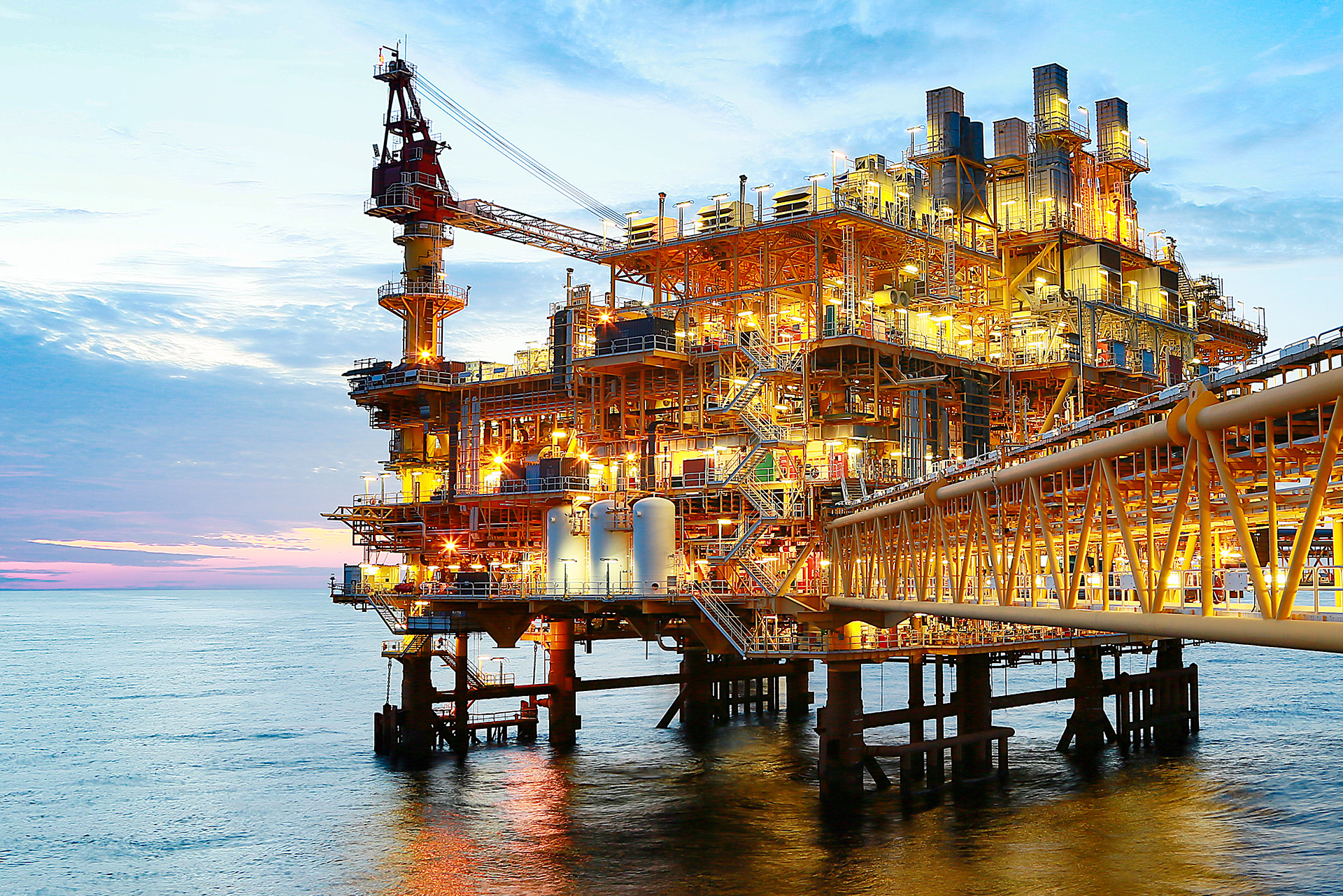The crisis triggered by the Covid-19 pandemic shows once again how sensitive to shocks an economy based largely on consumption, such as Romania's is. Ten years after the last recession, the national economy will again weather a storm perhaps even bigger than the one in 2009, when GDP plummeted by 7.1%, from 8.5% growth a year earlier. Developed European countries are preparing support packages of hundreds of billions of euros for their own economies, unprecedented in post-war history, showing the scale of the economic tsunami that will hit Europe.
For Romania, estimates for this year differ from one analysis to another. Financial rating agency Fitch Ratings expects Romania's economy to shrink by almost 6%, and the budget deficit will reach 8% of GDP. Laurian Lungu, macroeconomist, PhD in economics, co-founder of Consilium Policy Advisors Group (CPAG), predicts that Romania's economy could contract by at least 8% in 2020, from a growth of around 4% last year.
At the same time, the unemployment rate in Romania is expected to rise to 8% in 2020 from a historic low of 3.9% in 2019, as a result of job losses in the context of the coronavirus pandemic. This would be the largest increase ever recorded in a single year, according to Fitch Ratings analysis. In addition, if in 2019 we were talking about a labor shortage, today's figures show that we would have a labor surplus, which includes the wave of Romanians returned from the diaspora in recent times, more than 800,000 people, according to a survey conducted by the Sociopol institute.
What the state can do to kick-start the economy
With a current account deficit among the highest in the EU and a huge budget deficit, it is clear that the authorities' fiscal response to the crisis is very limited. Borrowing money is getting more expensive, and most of it is being channelled into government running costs and social welfare.
In this context, money for investment, the money that brings real added value and healthy growth to an economy, is extremely limited.
But there is private money that can be accessed, and to attract it into the economy, the state has a cost-free tool at its disposal: legislative measures. Providing a stable and predictable legislative and fiscal framework is the basic condition that investors need.
Romanians want big investment projects
Nearly 901TPTP4T of Romanians want the state to encourage large investment projects, according to a recent survey conducted by INSCOP Research. The start of production of natural gas from the Black Sea in the Neptun Deep perimeter is the biggest local private investment project since the Revolution. Several billion euros will be directly invested in the first years after the investment decision alone, which means a continuous and reliable source of revenue for the state budget. In addition, through the horizontal effects of the investment, thousands of jobs can be created. More specifically, the start of the Black Sea gas exploration, development and production projects would generate by 2040 revenues to the state budget of 26 billion dollars, 71 billion dollars to the national GDP and more than 30,000 jobs, according to a study by Deloitte.
We are talking about an extremely complex project, which involves exploiting deposits in the Black Sea at depths that have never been drilled before. Bringing natural gas ashore will once again require the creation of a complex transportation infrastructure, given that, unlike in other countries where offshore hydrocarbon extraction has become a tradition, in the Black Sea this infrastructure is now lacking for the deep offshore and has to be created from scratch. Even on land, the construction of the Tuzla - Podișor pipeline alone, which will link the Black Sea deposits to the BRUA pipeline, will require investments of around €360 million to be made by Transgaz, the national operator of the natural gas transportation system.
In addition, the exploitation of hydrocarbon resources in the Black Sea is imperative if we want to restart related industries, such as the production of chemical fertilizers, as well as modernize the energy sector. The national energy strategy envisages converting production units from coal to natural gas, the cleanest fossil fuel. The national energy park is either weather-dependent - whether we are talking about hydro, wind or photovoltaic energy - or outdated and with huge environmental costs. For this reason, Romania became dependent on electricity imports in 2019 and the situation continues this year.
What's the choice: win or lose?
Therefore, the benefits of natural gas are multiple and obvious, and the final investment decision in the Black Sea requires urgent correction of the legislative framework, first and foremost the Offshore Law.
We are at the 12th hour of the investment decision, especially in a totally unfavorable context, marked by serious disruptions at international level generated by the COVID-19 pandemic, but also by shocks on the global oil market, where negative quotations have even started to be recorded. Added to this is the EU's Green Deal agreement, which sets ambitious decarbonization targets for 2050. Exploiting natural gas in the Black Sea requires long-term investment, so instead of being part of the solution to a transition to a green economy, we risk leaving it where it is: in water depths of more than 1,000 meters.
Without a swift political decision, we will enter the 13th hour, which means the complete abandonment of this huge investment project and, by default, the failure of all investments in the chain. In this undesirable scenario, we all lose - and investors, and consumers, and the state budget. We all lose as a country.





